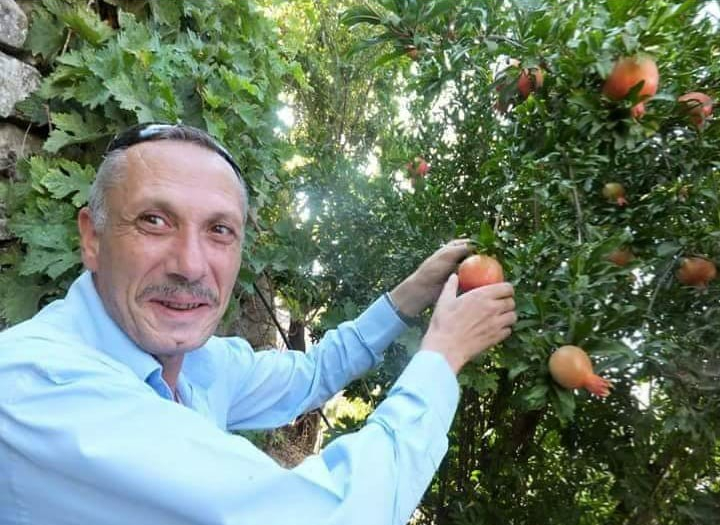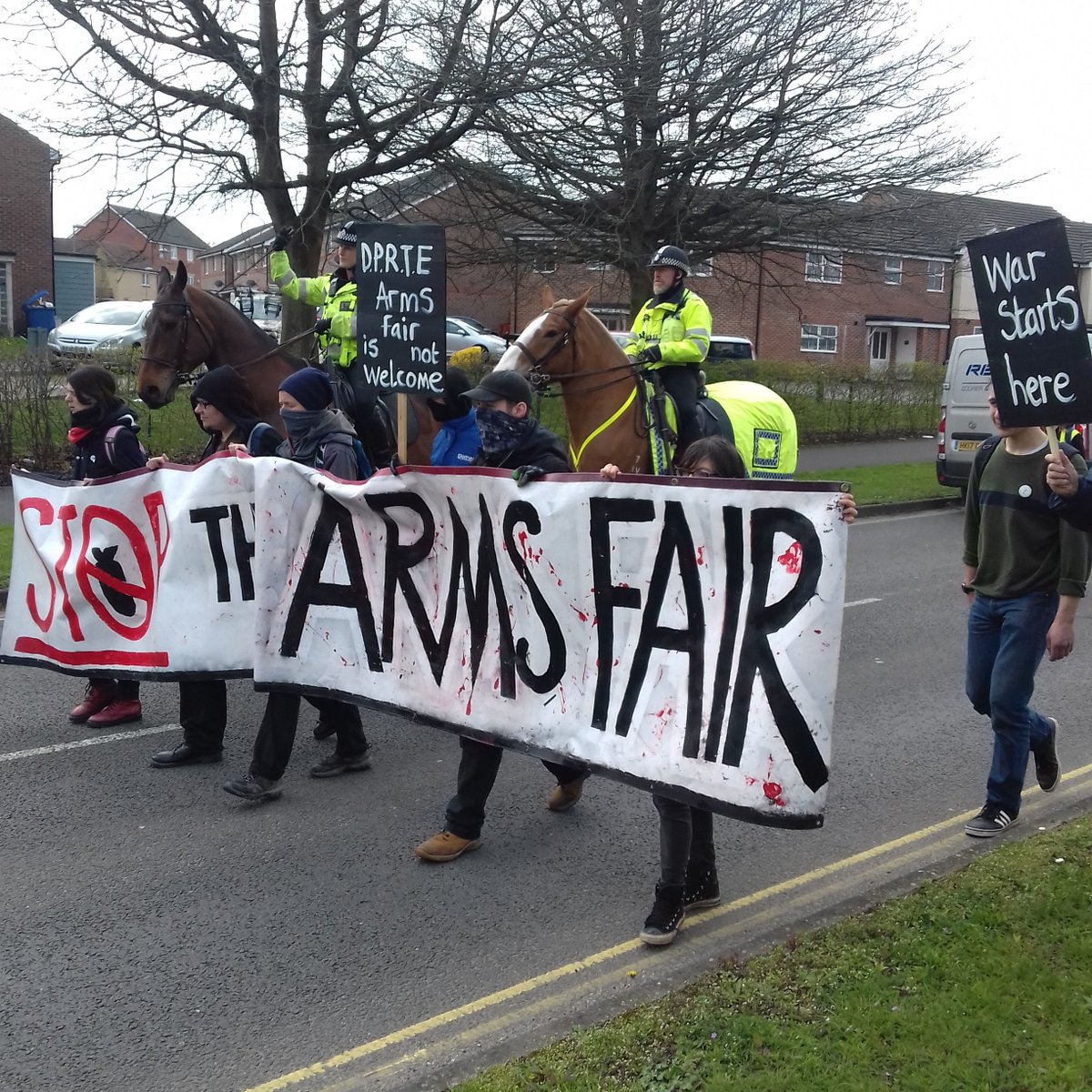By Therezia Cooper & Tom Anderson
Palestinians have called for international action on 17 April 2013 in solidarity with Palestinian prisoners held in Israeli jails. Corporate Watch has been investigating the companies involved in the Israeli prison system and this article is part of a series of articles and interviews which will be released over the coming weeks focusing on companies providing equipment and services to Israeli jails.
Continuing our series of personal testimonies from Palestinians imprisoned by Israel in the run-up to Palestinian prisoners’ day, this is the story of Tariq Abd al Kareem Fayyad Khaddar. Originally from Tulkarem, he now lives in Ramallah. He is a teacher at Bir Zeit University and a researcher in Israeli studies. He was first arrested in 2003, when he spent four years in prison, and again in 2011, when he spent two six month periods in administrative detention.
The first time Tariq was arrested in 2003, the Israelis came to his house when he was alone. They entered the house, put a blindfold on him and took him away to an interrogation facility next to Ofer, a military prison located on occupied territory in the West Bank.
British-Danish company G4S provides services to Ofer. He spent 55 days in the interrogation facility, during that time they took him for interrogation only twice. During these interrogations he was accused of being a member of The Popular Front for the Liberation of Palestine (PFLP). He was told that other arrested Palestinians had mentioned that he was involved with the PFLP during their interrogations, and that was why he was arrested.
After his 55 days in the interrogation facility, Tariq was moved to Ofer prison. Once there, we was taken to the Ofer military court every few months, but he spent two full years waiting for a court decision. When it finally came, he was sentenced to four years imprisonment for membership in PFLP, an organisation outlawed by Israel. It was argued in court that he needed to be kept in prison longer as he was a lecturer and a ‘man of influence’.
After his conviction he was kept in Ofer for another year and a half, then illegally moved across the Green-line into Israel to Ketziot prison in the Naqab (Negev). In Ketziot prisoners were kept in tents, with the tents separated by walls. Just like with other Israeli prisons, Ketziot has G4S security systems installed.
During his four years in prison, he was only allowed family visits once a month, but the Israelis refused a permit for his wife to visit him even once throughout his imprisonment, so he only got to see children. He was not allowed to talk to his loved ones on the phone either and said that the prison authorities sometimes searched the cells for hidden phones. Although writing letters was allowed, the Israeli prison authorities read them and sometimes they kept them for a long time before they were passed on. He said the letters were usually delivered through the Red Cross.
Bad Prison conditions
Tariq described the conditions in both prisons as very bad. In Ofer he described not being able to move anywhere within the prison without four soldiers around him, all carrying guns. The cells which he was held in were five and a half metres times three metres with up to ten people per cell. The cells were boiling in the summer and ice cold in the winter and very dirty. The prisoners had to endure degrading treatment such as frequent body searches.
Once a week the prison guards would “attack” the cells, he said, and check all their things. “They used to mix all the prisoners’ stuff up and leave a big mess. This created a lot of anxiety”.
Another thing that created stress amongst the people he was held with was the prisoner counts carried out three times a day. Occasionally, the loudspeaker systems positioned outside the cells would set of their sirens for no reason creating fear amongst the inmates. He described this as a psychological tactic used by the prison guards to create anxiety.
Like previous prisoners Corporate Watch have interviewed, Tariq mentioned the bad treatment received during prisoner transports, as well as the insufficient amount of food being supplied.
Denied medication
His second arrest took place in 2011. This time a special army team came to his door at one thirty at night. They exploded his door to get in and when he woke up there were 12 soldiers already inside the flat. His wife fainted when she saw the soldiers in the room.
The soldiers also went to his son’s room, with one soldier putting his hands around his son’s neck. They also handed his son a letter ordering him to go and meet with the Shabak (the Israeli security agency). There were three different men named Tariq living on three different floors in his building and they later found out that the Israelis had exploded the doors of two other Tariqs before they got to him.
Before the soldiers took him away they questioned him in the house, asking him who else lived in the house and details about his family. Once finished, they took him to back to Ofer prison. By now Tariq suffered from several medical conditions which required a number of medicines, including prescribed cholesterol and blood medication.
The soldiers told him to take his medicines with him, but when they got to Ofer the prison doctor would not clear him for detention because of his obvious poor health. He was then driven to three different Israeli settlements to see other doctors who the army hoped would clear him for prison, but they could not find one who was willing to say that. Eventually they went back to Ofer and one of the doctors there finally said it was ok and that they should take him in, overruling all other medical opinion. Throughout his detention he had problems getting sufficient medicines at the right dosage for his medical conditions.
Once inside the interrogation facility he was once again accused of being active in the PFLP, with the interrogators bringing up a TV interview which he had done about the occupation and Israeli settlers. Again, they seemed worried about the influence he could have as someone people listen to.
This time he stayed in prison without a charge and without a trial for two six month periods of administrative detention.
As we have seen there are a number of different abuses taking place in Israeli prisons, but Tariq had two things he personally wanted to highlight. The first was the restriction on books. Although the blanket ban on educational materials and books was lifted in 2011 after a prolonged hunger strike with that as one of its demands, the kind of books prisoners have access to is still very selective.
The second issue he wanted to draw attention to was availability of clothing. He told us that prisoners are allowed to get clothing from the outside once every two months, and often family members try to provide them with some. Despite this their gifts often get refused by the prison authorities as there are rules regulating what kind of clothes are allowed. For instance, not all colours are allowed in, and jackets with linings and wool clothes are forbidden. Tariq said that is very difficult to guarantee that clothing will be accepted as the regulations regarding colours, changes arbitrarily.
As Corporate Watch has previously reported, international companies such as Samsung, Canon and Motorola provide equipment used in Israeli prisons while G4S signed a contract in 2007 to provide services to all prisons within the Israeli Prison ‘Service’.



0 Comments